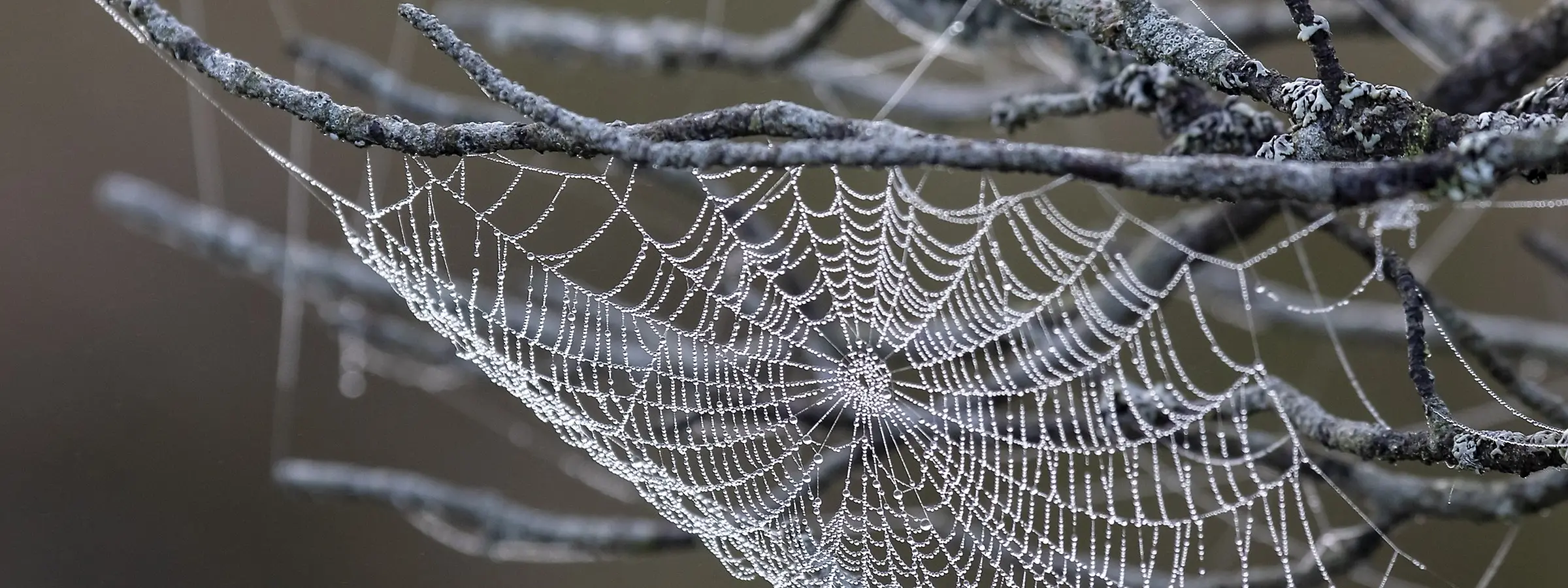In keeping with our Halloween theme, this post will concern bugs. Full disclosure: I absolutely hate bugs, and squeal like a little girl (literally) if one gets close to me. I don’t care that they’re useful or that spiders aren’t technically insects. I spend about $85 each month on a pest control service to ensure that no bugs enter my home. I hope we all can safely agree that the average sane person does not take too kindly to bugs, making them a good plot tool in scary stories giving us the creeps and adding to the anxiety of the scene at hand, causing even the toughest to shudder. Let’s explore this.
Bug are a creepy element that you want to use sparingly. Bugs are universally creepy: they are a great way to start a horror and disgust theme in your story. This makes it easier to use the words in a less subtle way without feeling cliched and instead found in the narrative in a way that makes your skin crawl.
Bugs can also be used in a more psychological horror style. The squeamishness surrounding bugs often evokes filth, decay and disease and, in doing so, appeals to primal fears. They can serve as a physical manifestation of a character’s degenerative mental state or as an ominous representation of corruption seeping into the world. A character, for instance, might start to see bugs where there are none, crawling just under their skin or swarming in room corners, instilling a profound sense of paranoia. This can confuse reality and hallucination, and leave the reader as unsettled as the character.
You can also associate bugs with the environment. Think of an old wearied house or woods where insects have commandeered the entirety — walls alive with the movement of termites, or a humid chamber aware only of the drumming of flies, the whir of us, our bodies. On the sensory side, describing what it feels like to encounter these bugs can put the reader into the scene. The sounds of flapping wings, the feeling of limbs skimming flesh or the sight of a never-ending cloud of insects can produce visceral reactions. These snippets of bug presence build tension, from the sense of something much worse looming the distance ahead.
Bugs can function as symbols or omens in the narrative as well. An infestation can herald the arrival of an evil presence, or designate a location cursed. Imagine plagues of locusts or cockroaches as agents of doom, marching ever closer to the protagonist. And while the bugs themselves may not be a great threat, they indicate something much worse is coming.
For more of a direct horror angle, bugs can turn into active threats. In these examples, the bugs may have supernatural or malign attributes. They could invade a character’s body, burrow into flesh, lay eggs under the skin, providing the character (and the reader) with a truly chilling feeling of helplessness. This invasive horror can start with unnerving moments of detection, as when you find a single bug crawling over the skin, and grow to full-on dread, when entire swarms infiltrate the body, devouring or restructuring it from the inside out.
And yes, use bugs, but not as a mere shock value; think of their interaction with your plot’s bigger themes. Their existence can represent decay, infection, or the tenuousness of human dominion over nature.” Weaving in bugs isn’t simply to make readers squirm — it’s to help cement the sense of dread in a story, and give it a deeper, more disturbing layer.
By concentrating on atmosphere, symbolism, and the mind-set of fear, bugs can become potent vehicles of fear in any horror novel, forcing readers to question their own safety long after the last page is turned.









